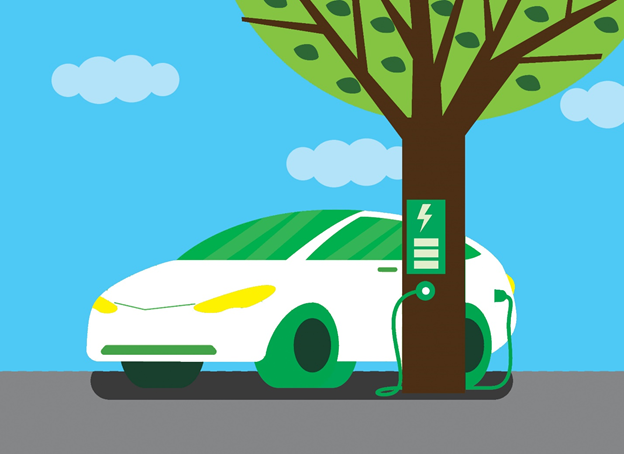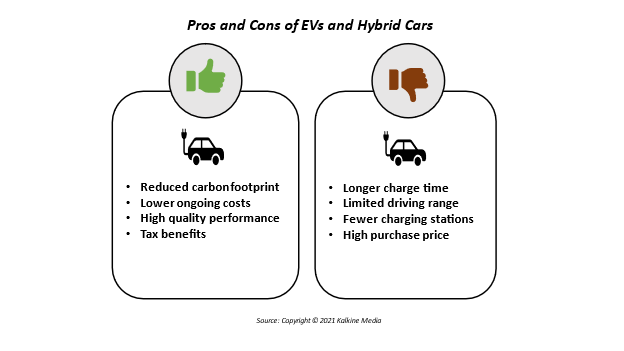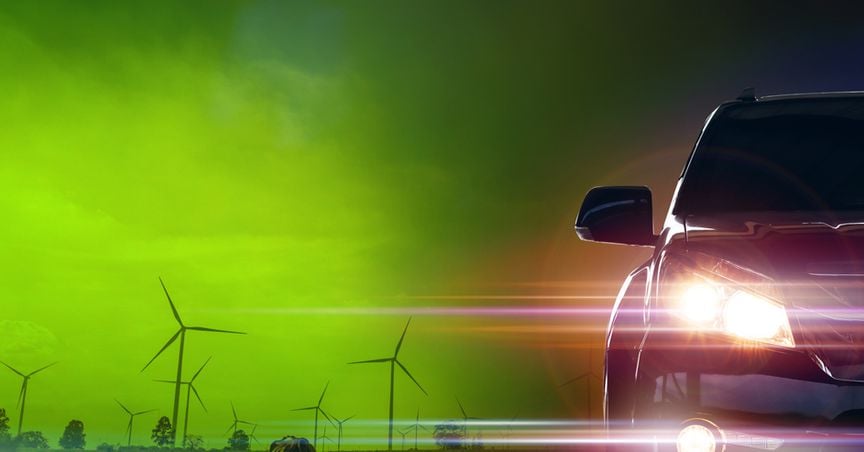Summary
- With an increase in carbon emissions across the globe, electric vehicles and hybrid cars are the future of the world.
- NZ’s Climate Commission outlines a carbon-cutting roadmap with more EV chargers and feebates for electric and hybrid cars.
- Though low on emissions, these EVs come attached with huge price tags and might pressurise the nation's electricity grid system in the long run.
Countries across the world have increasingly become addicted to toxic fossil fuels for their energy and industry requirements. As a result, greenhouse gas (GHG) emissions are on the rise.
As per reports, in 2019, the world witnessed carbon dioxide emissions to be as high as 36 billion metric tonnes, leading to a dramatic increase in global temperatures and climate change.
Aoteroa’s increased dependence on coal
According to MBIE's Quarterly Energy Statistics, New Zealand burned enormous quantities of coal, amounting to 10.35 petajoules in just first three months of this year, thereby raising concerns on the sustainability of the Kiwi land.

Source: Copyright © 2021 Kalkine Media
EVs: A blessing for the low-emissions future
Hybrid and electric vehicles (EVs) are a boon to the environmentally conscious world. They not only boast low-emissions capacity but also improve fuel economy and save costs.
Read: Will EV Market Help New Zealand Reach Zero Carbon Level?
A roadmap for NZ's zero-emissions future
Recently, NZ’s Climate Change Commission had released its final report wherein it laid the roadmap for the country's carbon-free future.
To reach net-zero emissions by 2050, the Commission has urged that all the cars being imported by 2035 must be EVs.
Must Read: How does New Zealand Government Plan to Decrease emissions by 2050?
Apart from being committed to policies like Clean Car Import Standard, in order to stimulate the purchase of EVs, the Aotearoa Government is taking rapid actions and has announced electric vehicle chargers to be available almost every 75km on most of the state highways.
Moreover, it has declared that from 1 July onwards, feebates for electric and plug-in hybrid vehicles would be given; NZ$3,450 for used vehicles and a maximum of NZ$8,625 for new ones.

Source: Copyright © 2021 Kalkine Media
Further, people purchasing gas vehicles will be required to pay more fees. For example, Toyota Hilux would now cost an additional NZ$2,900, with fees going as high as NZ$5,175.
A Quick Read: Toyota's next-gen Highlander all set to conquer Kiwi roads
An electric car could save up to 60% of emissions in its lifecycle, expressed the Climate Change Commission.
New Zealand’s stance on EVs
Climate crusaders are increasingly propagating the use of these electric and hybrid cars and are calling for a steady transition from traditional fuel-powered vehicles to these new-age cars.
The most important question here is that ‘Are these EVs poised to fit into the lives of Kiwis?’
Let us now try to answer the question by evaluating the advantages and disadvantages of these low-emission vehicles.

Some Kiwi communities are wary of the use of EVs
However, Simon Mackenzie, Vector’s Chief executive, opined that the increased use of EVs would pressurise the country’s electric grid system, as apart from using electricity for daily needs, people would require to plug in their cars too, which would put additional burden to the nation's electricity network.
Moreover, the farming communities and the builders expressed that NZ Government’s clean car package was an unkind tax thrusted upon them, for no substitutes available for their work vehicles.
They are keen to switch to cleaner and greener electric vehicles, but due to their non-availability and huge costs, the framers are of the opinion that these EVs are just not suitable for the rural Aotearoa, as they are already burdened with other costs as well as the catastrophe inflicted by nature during recent torrential floods.





